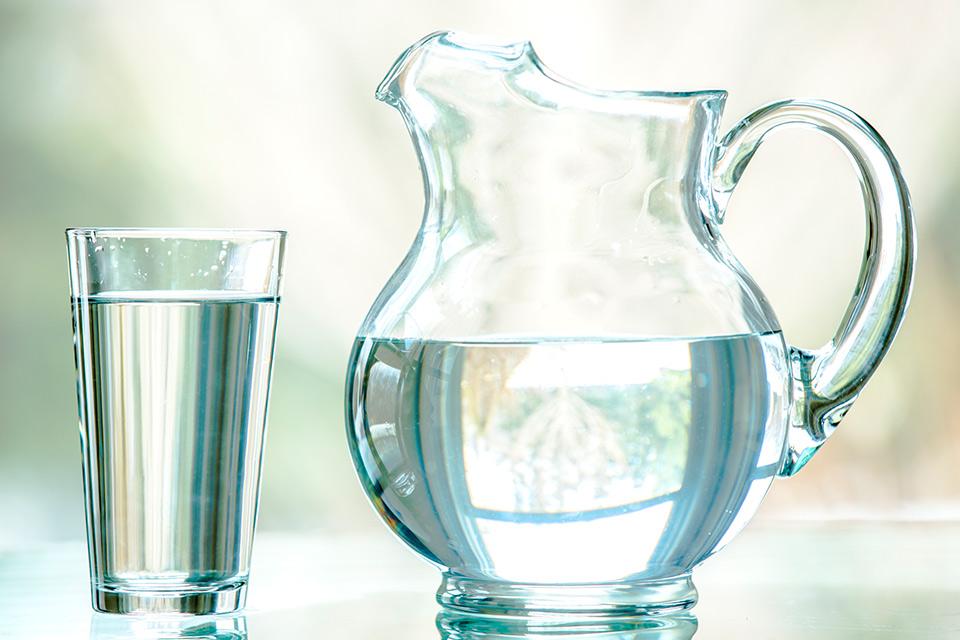Welcome to the water wars — tap vs. bottle. Contrary to popular belief, in most cases, bottled water isn’t safer than tap water. In fact, more than half of all bottled water actually comes from a tap! Some people choose it because it’s convenient or they think their water tastes funny. But odd tasting water doesn’t necessarily mean it’s unhealthy. And filling reusable bottles with tap water not only saves you money, it helps the environment. Learn more about the benefits of tap water.

Economics
Buying plastic bottles of water is bad for your wallet — it’s like pouring money down the drain. Bottled water costs between $0.89 to $8.26 per gallon. Tap water costs fractions of a penny. That makes bottled water thousands of times more expensive than tap water!
Environment
Plastic water bottles are bad for the planet — each bottle can take up to 1,000 years to break down. Instead, use stainless steel or glass water bottles (many come wrapped in rubber to keep them from breaking) to take water with you. With so many options, carrying your own eco-friendly water bottle is a fun way to accessorize and show off your personality.
Health
Bottled water isn’t safer than tap water — tap water is actually tested more frequently. Also, most store-bought water bottles contain a chemical called bisphenol A (BPA) that has been shown to be harmful to our health.
Taste
In most taste tests between tap and bottled water, tap water wins. If it has an odd taste, it doesn’t mean it’s contaminated. It might just be from the mineral content or chlorination in the water. You can easily remedy taste issues by using a filter — it’s an easy way to keep your water tasting great, and it’s still much less expensive than buying bottled water.
